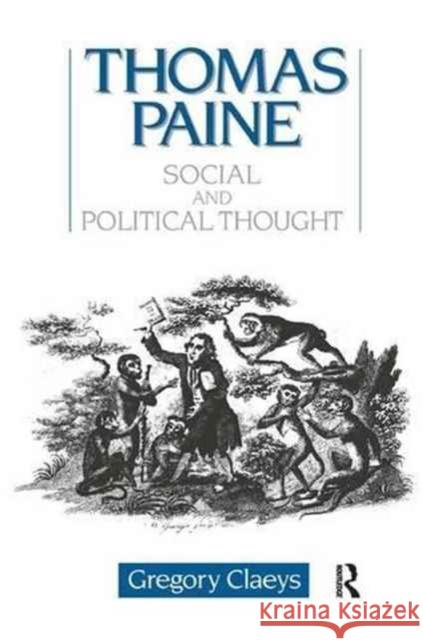Thomas Paine: Social and Political Thought » książka
topmenu
Thomas Paine: Social and Political Thought
ISBN-13: 9781138161368 / Angielski / Twarda / 2017 / 272 str.
Thomas Paine: Social and Political Thought
ISBN-13: 9781138161368 / Angielski / Twarda / 2017 / 272 str.
cena 756,05
(netto: 720,05 VAT: 5%)
Najniższa cena z 30 dni: 654,86
(netto: 720,05 VAT: 5%)
Najniższa cena z 30 dni: 654,86
Termin realizacji zamówienia:
ok. 16-18 dni roboczych.
ok. 16-18 dni roboczych.
Darmowa dostawa!
First published in 1989. Routledge is an imprint of Taylor & Francis, an informa company.











